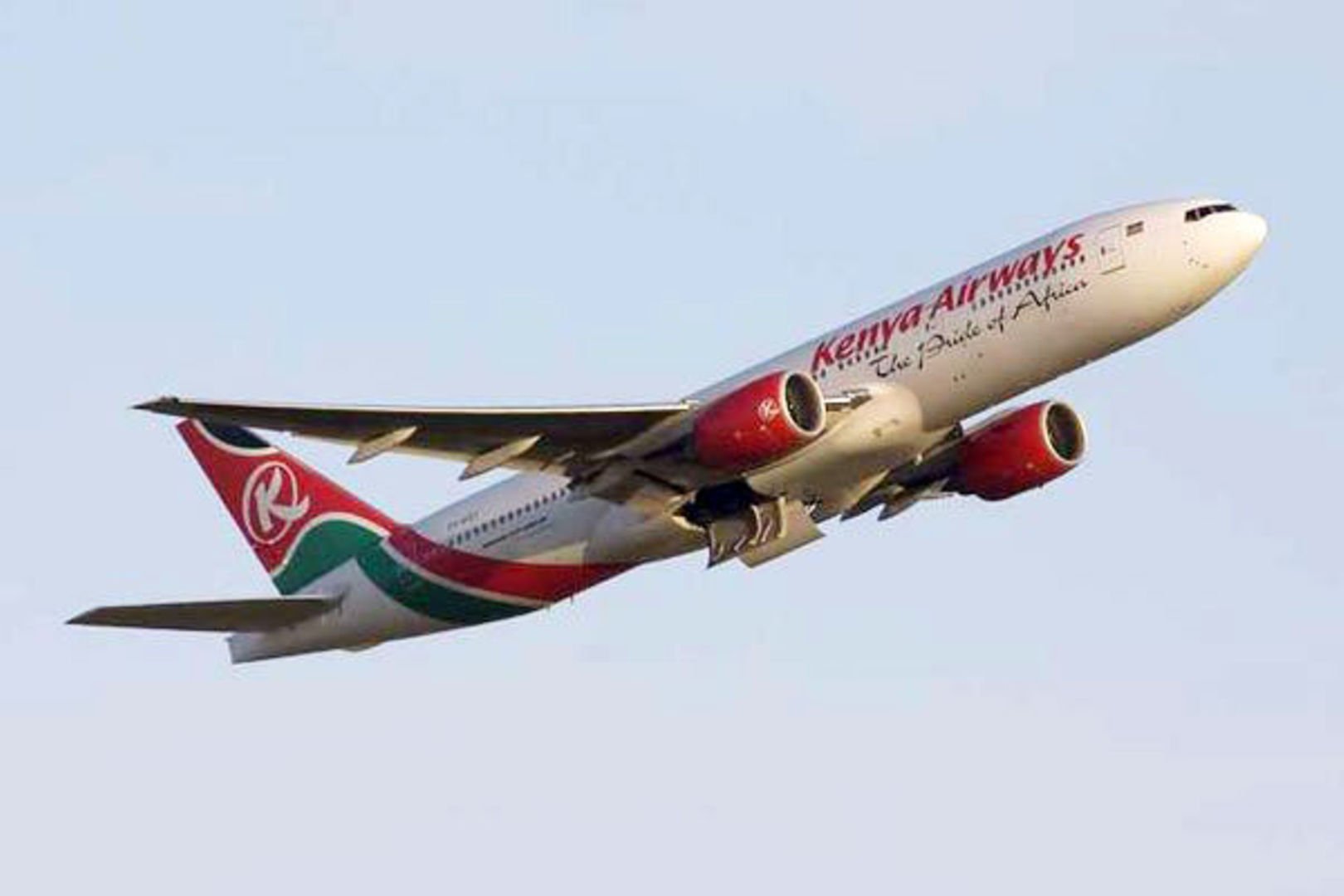Uganda specialised hospital: A good idea gone wrong

The question as to whether this guarantee is a subsidy, government (taxpayers’) contribution or public sector investment is answered in the next condition. Courtesy photo
What you need to know:
- What charges and fees will apply for these specialised services to mitigate the negative impact of market distortion? Second, will government compel citizens to a single option of specialised hospital thereby denying them their right of choice on both the medical facility and the Specialists who attend to them?
The proposed Uganda Specialised Hospital to be built at Lubowa is a good idea. Good because we need many such facilities in the country to reduce or eliminate the resources we export by going for medical treatment abroad. In reality, Uganda is supporting other countries to manage their economies by spending our hard-earned dollars in those countries. This in a way weakens the local currency.
First, the foreign investor, Finasi International, got a donation of land that belonged to Joint Clinical Research Centre (JCRC), which would have been financed to build the hospital in the first instance. Fly on the wall has it that JCRC has completed feasibility studies, technical and architectural designs and possibly only lacked or still looked forward to funding. There is no evidence of this on the table, but lack of it does not render the current model reasonable. Second, the investor sought and was promised (guaranteed) financing support in form of promissory notes to the tune of $379.0m.
The question as to whether this guarantee is a subsidy, government (taxpayers’) contribution or public sector investment is answered in the next condition. That condition is to guarantee that government will, with effect from completion of the hospital, ensure all (most) of the referrals abroad are stopped in favour of the Finasi International facility hospital.
How this guarantee is executed is a detail, but ideally, the investor expects government to guarantee that Ugandans will not only fall sick, but do so from ailments treatable at the investor’s hospital. What then if the sick are not available in numbers enough for a fair return on investment? The calculation estimated at $75.0m per year that government spends on foreign treatment provides the business link.
Accordingly, the investor is proposed, or according to press reports emanating from Parliament, to have been granted a 10-year management contract.
And we must hurry, according to a minister because the investor is losing time and may invoke contract default notice, meaning government stands to lose money. How much? The minister did not say. Two issues still remain sticky. First, is the impact of a heavily subsidised investment on the market. It creates an unwarranted market distortion where private investors who have sunk and continue to sink private resources into medical facilities are subjected to unfair completion superintended by the State.
What charges and fees will apply for these specialised services to mitigate the negative impact of market distortion? Second, will government compel citizens to a single option of specialised hospital thereby denying them their right of choice on both the medical facility and the Specialists who attend to them? Therefore, from a consumer rights perspective and fair competition outlook, the idea is a little weird.
Sam K. Watasa
Kampala




